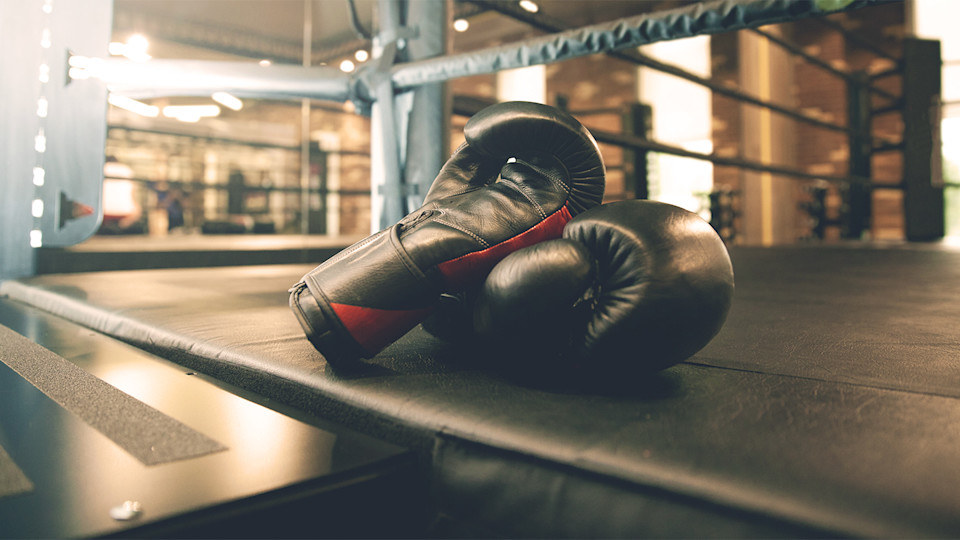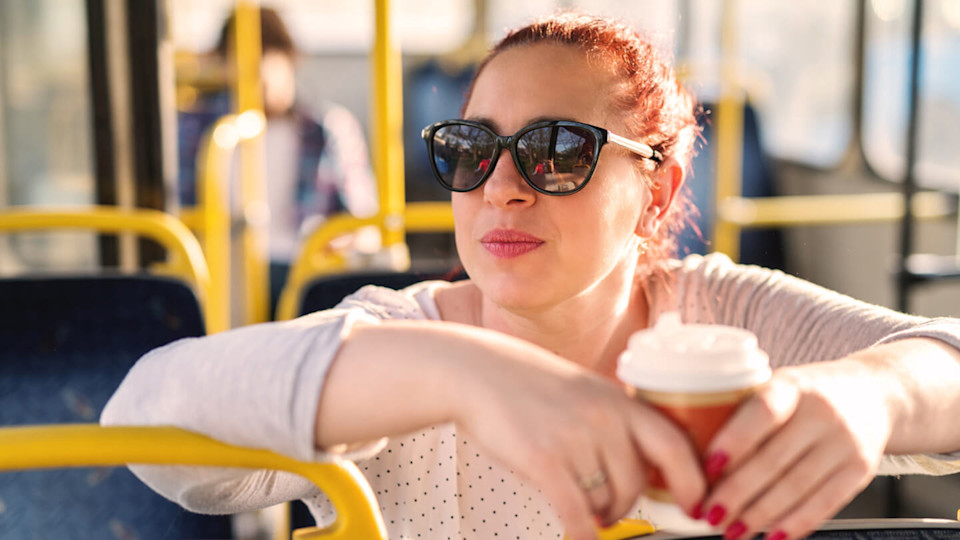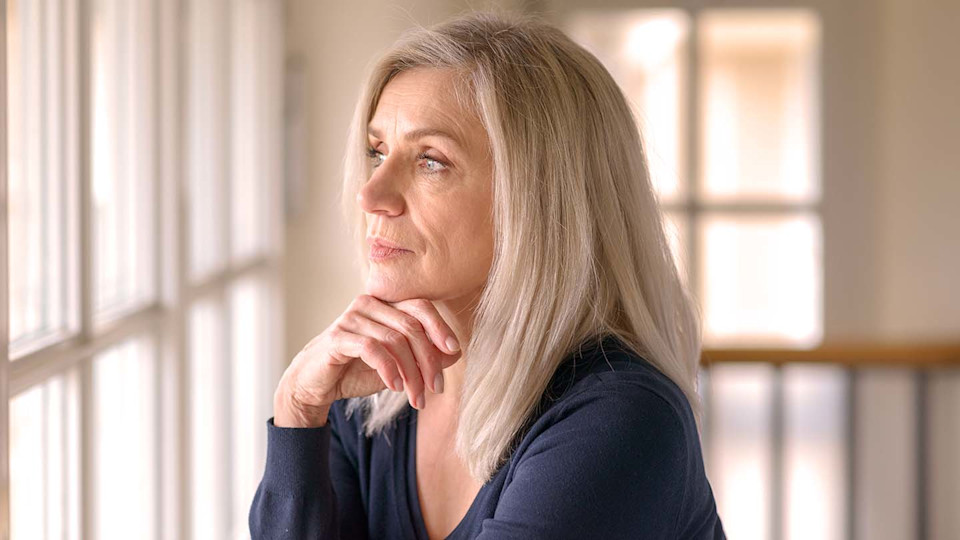Suffering a head or brain injury can bring life-changing consequences, and if you were injured because of someone else’s negligence, you could be entitled to make a claim for compensation. Speak to our expert head and brain injury solicitors to start your claim.

Personal injury
Boxing injuries: Who is responsible for duty of care?
Boxing is a close contact sport with a high risk of injury. If you obtain a boxing injury, who is responsible for your duty of care?
Standards for athlete safety
All athletes are protected by a duty of care by the responsible sports body. This means that they should be able to participate in a sport under the knowledge that all measures have been taken to ensure health and safety risks are minimised.
There are basic standards that should be expected in any official sporting event: safety checks and the maintenance of equipment, a referee to ensure that rules are followed in sports involving physical contact and first aid should be on hand for the event relative to the kind of injuries that could potentially happen in the sport.
In any sport, the body responsible for the sporting activity – be it the Olympics, World Cup or boxing championship – are required by law to take measures to ensure hazards related to activities, substances and situations are minimised.
Duty of care for coaches and trainers
This duty of care applies to coaches and trainers, placing upon them a legal and moral responsibility to see that inherent risks do not befall an athlete in training or in the ring.
One would expect that boxing coaches have a firm understanding of the responsibility for the athletes they train.
Given the potential head injuries that may be sustained in any contact – let alone combat sport, boxing coaches, trainers and all under employ at a boxing gym or organisation should be aware of their responsibilities to ensure boxers and people in training are protected and as safe as possible.
Safety measures in boxing
In boxing this would, at a minimum, see that well-maintained protective equipment is worn by participants when sparring, competing and exercises within the gym. Boxing gloves are worn to protect a wearer’s hands as well as an opponent or sparring partner. Helmets are essential for training exercises. All equipment, if provided by the gym, should be maintained and regularly checked by employees prior to use, and coaches ought to check any equipment worn by participants even if it doesn’t belong to the club.
Further to this, before stepping in a ring or any kind of sparring situation, a participant must be made aware of any risk, and have received training on how to avoid injury and protect themselves.
The rules of UK boxing, as in any sport, are in place to ensure participant safety along with fairness in the sport.
How we can help
Slater and Gordon have many years of experience in helping athletes and sportspeople claim compensation for injuries sustained as a result of dangerous or negligent play. Most of our claims are dealt with on a no win no fee basis. Call us for a free consultation on 0330 041 5869 or contact us online and we’ll be happy to help you.
All information was correct at the time of publication.


In most cases, the sooner that rehabilitation of serious injuries begins, the better the outcome will be. That's why we make it our priority when someone suffers a serious injury.


We provide immediate support and unsurpassed experience in compensation, rehabilitation and aftercare for serious injuries. Our serious injury solicitors are here to advise and support you and your family throughout this difficult time.